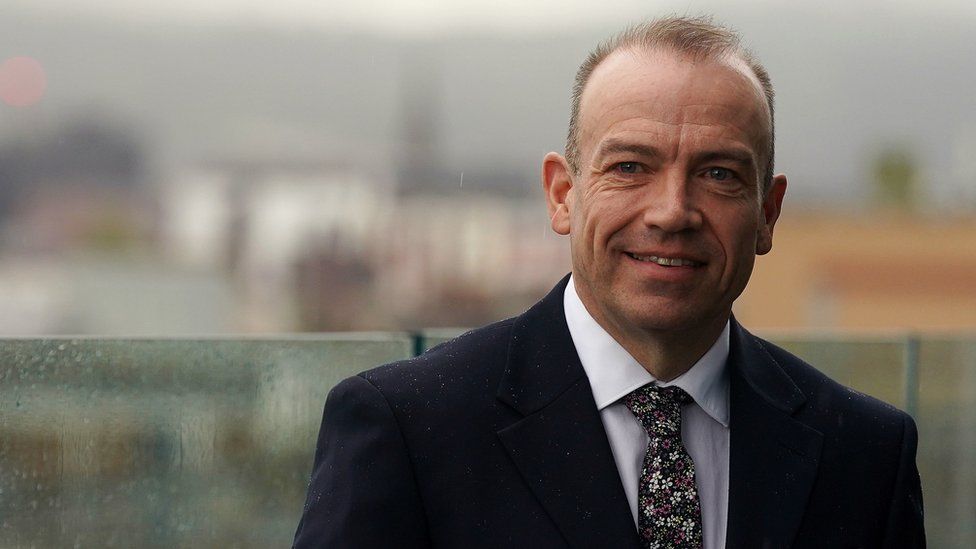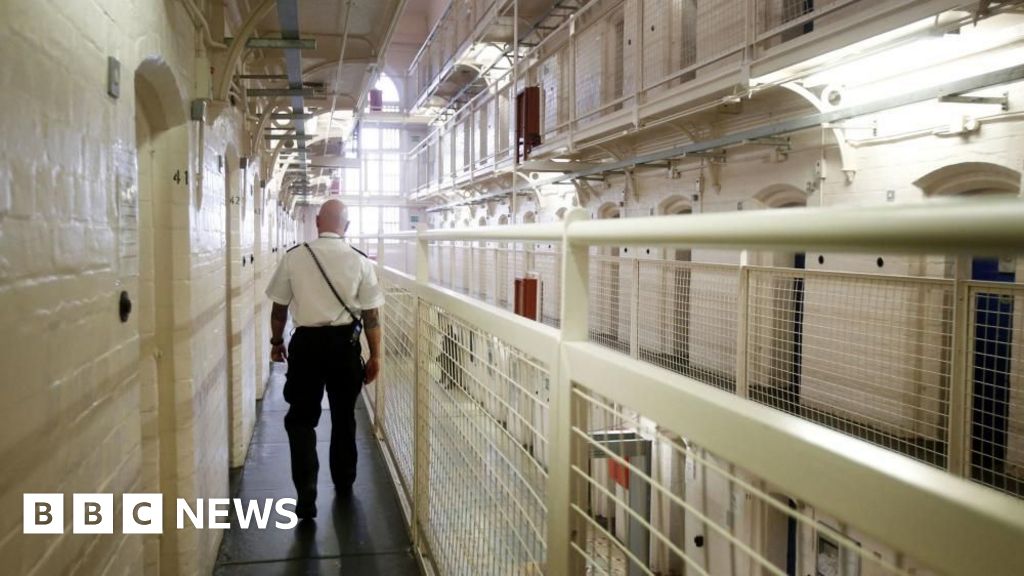ARTICLE AD BOX
 Image source, PA Media
Image source, PA Media
Northern Ireland Secretary Chris Heaton-Harris faces a legal duty to call a fresh assembly election
By Gareth Gordon
BBC News NI political correspondent
The Northern Ireland secretary has said he will "act to protect public services" after a midnight deadline to restore devolution was missed.
Stormont's governing executive has not met for 23 months.
It was collapsed by the Democratic Unionist Party (DUP) in protest against post-Brexit trade rules.
Chris Heaton-Harris is now under a legal deadline to call a fresh assembly election.
However, the secretary of state has indicated he will not do so.
On Thursday, tens of thousands of public sector workers took to picket lines and held rallies during one of the largest strikes ever seen in Northern Ireland.
Schools were closed, hospital appointments were cancelled, buses and trains were called off and road gritting did not take place during the action in a dispute about pay.
In a statement released shortly after the day of action, Mr Heaton-Harris said he would update parliament on his next steps next week.
He said he intended to introduce new legislation which will take a "pragmatic, appropriate and limited approach to addressing the Executive Formation period".
The UK government has offered Stormont's parties a financial package of £3.3bn, including provision for public sector pay, if ministers return.
Image source, Liam McBurney
Image caption,Northern Ireland's devolved government has not sat since it collapsed in February 2022
Mr Heaton-Harris has faced criticism from Stormont parties and trade unions for attaching this condition to the issue of pay.
He said his next steps would "support Northern Ireland departments to manage the immediate and evident challenges they face in stabilising public services and finances".
He added he was disappointed that a seventh attempt to elect a Stormont speaker since the May 2022 election failed on Wednesday.
The SDLP leader Colum Eastwood said if Mr Heaton-Harris "had anything about him" he would move to "get money into the pockets" of striking workers "straight away".
It is within his gift, the Foyle MP said, to introduce legislation in Westminster that would release the provision for public sector pay, without Stormont's return.
Image source, PA Media
Image caption,Colum Eastwood said a budget bill could allow for the public sector pay dispute to be resolved
"His argument is he can only work with the budget that he has - that is technically true - but he could put a budget bill through Westminster next week.
"That would put that money into that budget then go into the pockets of these workers and we could avert these strikes," he told BBC Radio Foyle's North West Today programme.

 1 year ago
33
1 year ago
33








 English (US) ·
English (US) ·